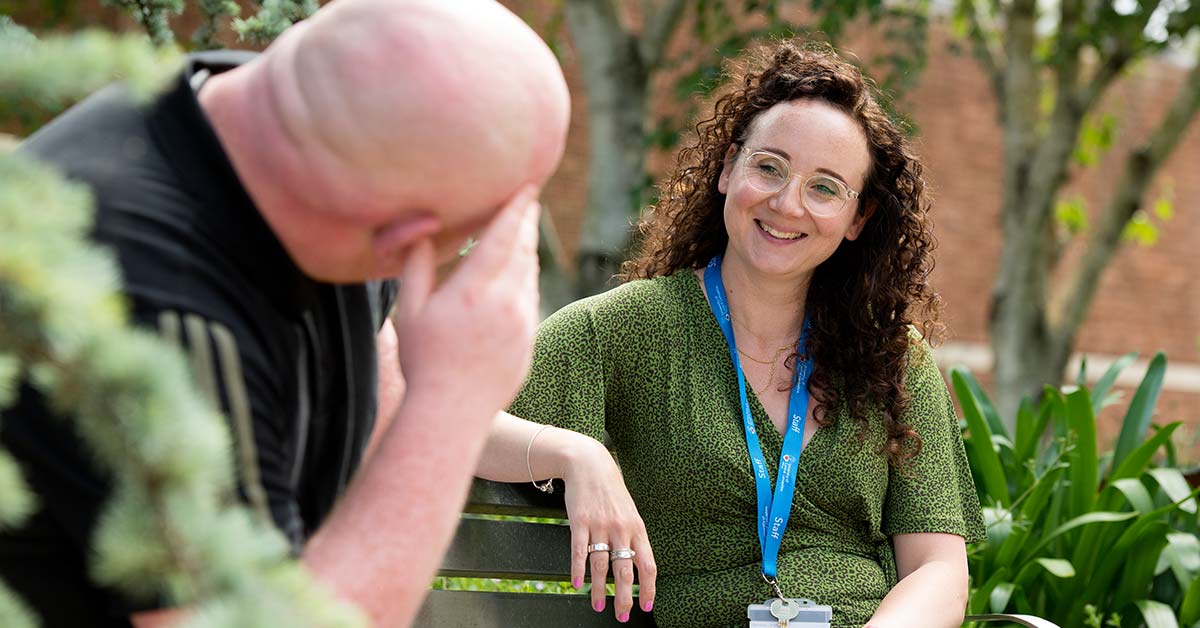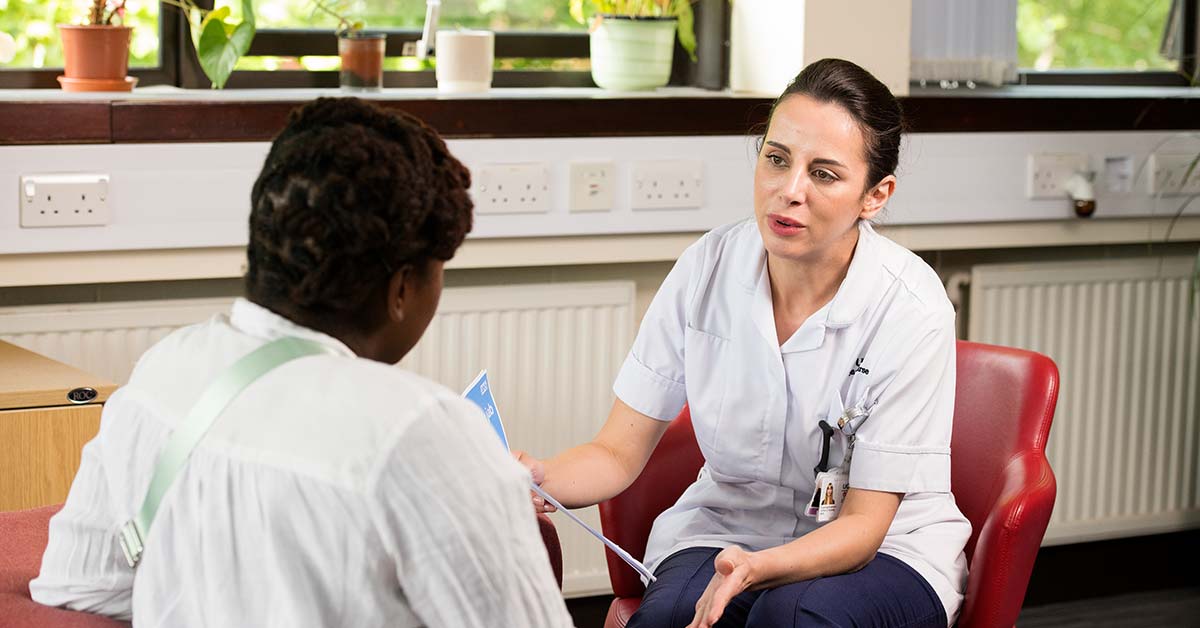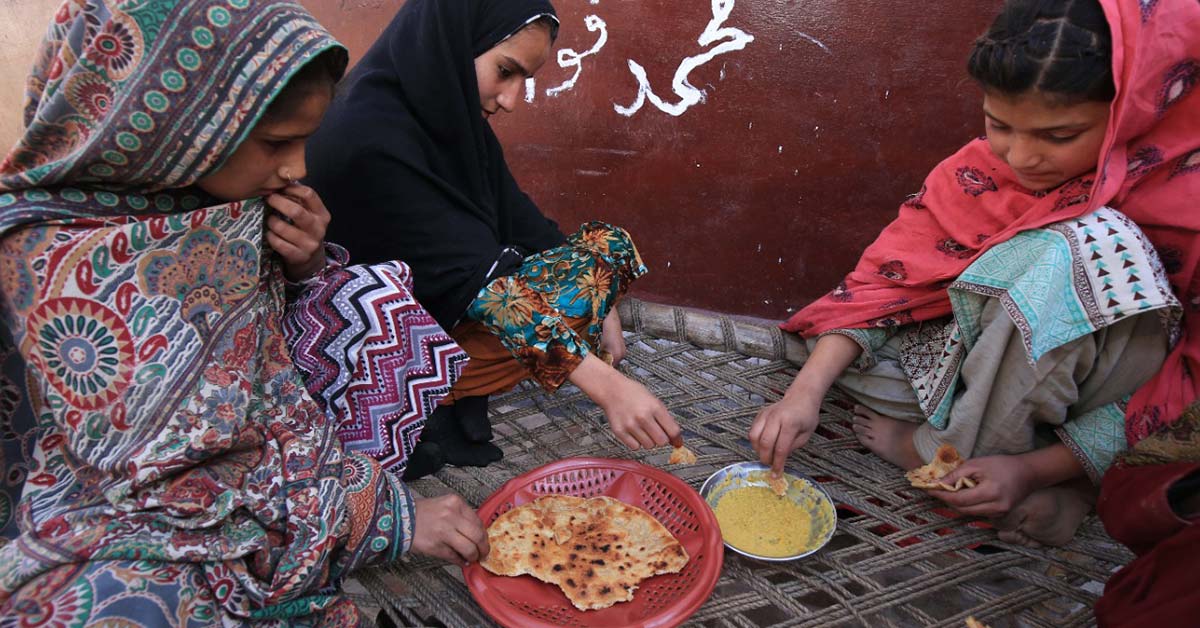Q&A: Studying Applied Public Health
November 2022
Event details
Watch highlights from our online Q&A to find out more about our online MSc in Applied Public Health.
Hear from Course Leader, Akua Quao, and members of our support teams, as they discuss why now is an important time for public health, as well as the skillset required to be successful in the field.
Watch event highlights
Want to watch the full recording? Register to gain access.
[MUSIC PLAYING] AKUA QUAO: Public health has always been on the agenda. But I think in terms of on the radar of almost everybody, the last few years have really sort of pricked up people's ears and people are very interested in public health.
So if you've ever been thinking about doing public health and you've wondered what is it, why should I do it, or you've got an interest in the subject area, then it's now. There's no need to wait anymore because it is literally now.
And the beauty of this particular program is that because it's online, there is that flexibility, there's the convenience for you to be able to do so in your own-- sort of at your own pace so you're not restricted to coming onto campus into a classroom at a specific time. You can work around the program at a time that suits you. You have to go attend the live webinar when that's scheduled. So from that point of view, it's convenient, it's flexible.
The first one I would say is to be very committed, have a real rugged commitment to learn. And why I say that is if you know this is what you want, this is for you, and you know the benefits of getting this qualification, then just be committed so about it.
So the commitment is key in terms of the ability to learn. And what happens is that you'll find that through that commitment, every opportunity you get throughout the day, you'll go back to your studies.
And again, online, you can go into your course material on your phone, on your tablet, on the move. You're not restricted. And that's brilliant. So for anyone with a very busy lifestyle already, it fits in perfectly. So the commitment to learn and be organized.
And organized in the sense of, yes, your material, your learning material, and where files should be and things like that. But also just generally, life because what you want is to demonstrate that organizational skills in your practice, because one of the things that really matter within public health is the ability to manage projects. And that is based on good organizational skills. So being organized.
And another one would be open to feedback. So being open to feedback is so critical because that's how we're going to develop. And part of your development on this master's, which is a level 7 program, is about the ability to be a critical thinker, critical reader, but also be able to accept feedback.
It doesn't necessarily mean it will be destructive feedback. It will be constructive feedback that you will get back from the person marking your paper. So be prepared to be open to feedback.
And I would say be willing to develop your critical reading and writing skills. Be willing to develop it and be-- we almost like-- so it's almost like a dog with a bone. It won't let it go. Just keep on going knowing that, yeah, I could get better. I can get better. I can get better.
And that's what you're striving for because I think then as a public health practitioner or whatever area of public health you're going to go into, you're going to find that these skills are going to go with you all the way because you will be able to-- in the face of whatever.
You may have a brilliant, innovative project and the person in front of you may not see that and may not understand the value, but your commitment to it and your determination to see it through could win them over. So these are skills that are valuable in the long term. So those are the ones that I'd recommend sort of immediately.
Public health is the theory. You will get all the theory around it. But the applied public health is the opportunity to begin to apply the theory into practice. So it's a bit like, for example, I-- everybody cooks, for example. I'm assuming everybody cooks. And let me put it like that.
Most people cook, OK? But everybody knows when I say the kitchen, so I'm going to make a meal. And I get a recipe book, well, yeah, I've got the theory. That's the recipe book. But then how do I turn that recipe book into something that I can eat and be useful or be of use to me? And it's like that.
So the public health theory becomes practical and useful for you to apply in the workplace once you've understand the strategies around applied. So this is why-- so the assignments are set up in ways that you get an opportunity to begin thinking around the application. How can I apply this?
[MUSIC PLAYING]
Are you interested in starting your Masters?
Find out about the people you'll meet and the services available to you
Get more information on course fees, payment plans, and funding options
More resources
See all resources
A guide to public health issues
From obesity to air pollution, read our guide to public health issues, including how they’re dealt...
Read the story
What does a Public Health Consultant do?
Discover the key responsibilities of a Public Health Consultant and understand their role in...
Read the story
What is public health policy and why is it important?
Get a definition of public health policy and discover the important role it plays in addressing...
Read the story